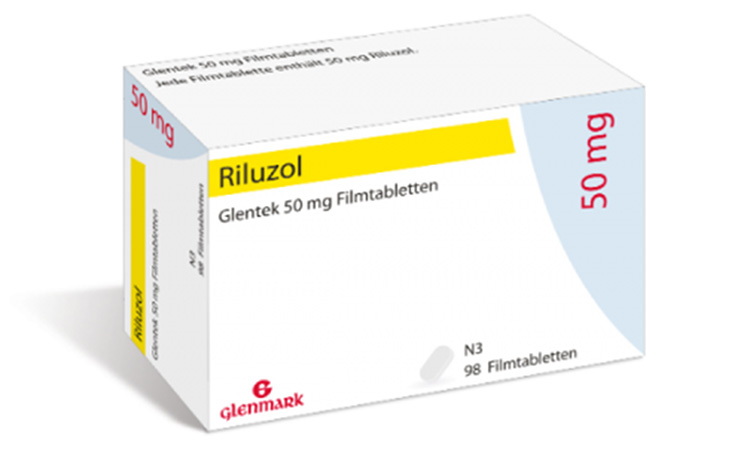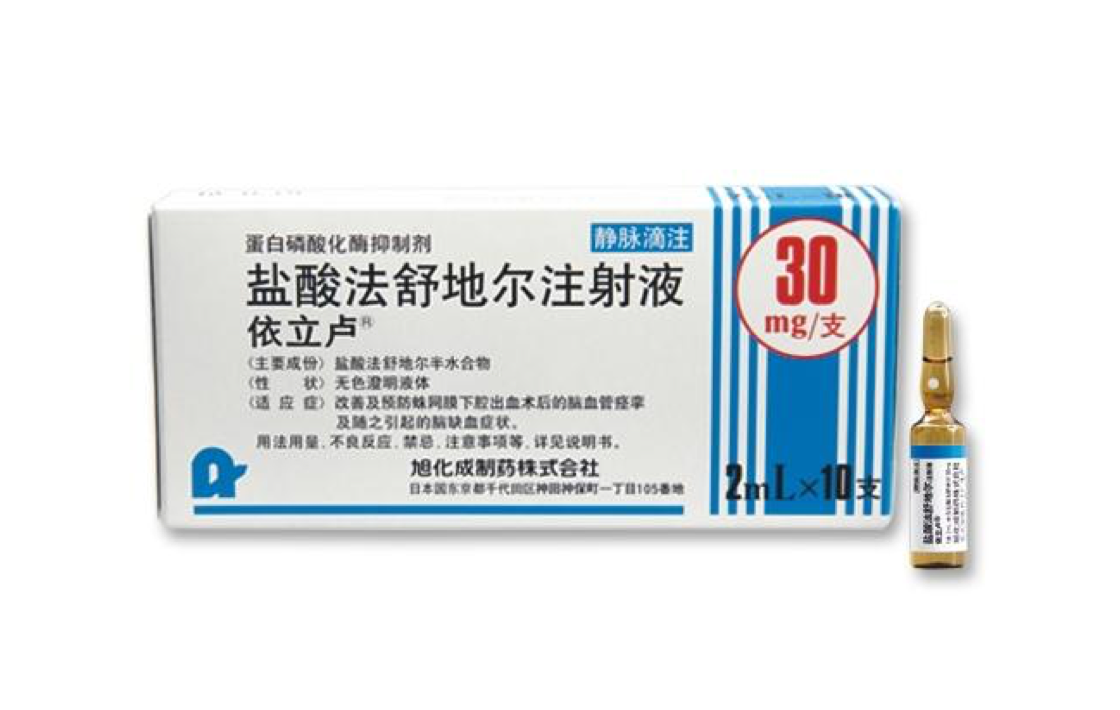Glentek/Riluzol (riluzole) vs Eril (fasudil hydrochloride)
Glentek/Riluzol (riluzole) vs Eril (fasudil hydrochloride)
Glentek/Riluzole is primarily approved for the treatment of amyotrophic lateral sclerosis (ALS), a neurodegenerative disease, and works by reducing the release of glutamate, which can help slow the progression of the disease. Eril (fasudil hydrochloride), on the other hand, is a vasodilator that is mainly used to treat cerebral vasospasm, and it works by relaxing blood vessels to improve blood flow. When deciding between these medications, it is crucial to consider the specific condition being treated, as their uses and mechanisms of action are quite different, with Riluzole being more suited for neurodegenerative conditions like ALS, and Fasudil for vascular issues such as cerebral vasospasm.
Difference between Glentek/Riluzol and Eril
| Metric | Glentek/Riluzol (riluzole) | Eril (fasudil hydrochloride) |
|---|---|---|
| Generic name | Riluzole | Fasudil hydrochloride |
| Indications | Amyotrophic lateral sclerosis (ALS) | Cerebral vasospasm following subarachnoid hemorrhage and chronic subdural hematoma; pulmonary hypertension; heart failure |
| Mechanism of action | Modulates glutamatergic neurotransmission | Rho kinase inhibitor |
| Brand names | Glentek, Rilutek | Eril |
| Administrative route | Oral | Oral, intravenous |
| Side effects | Dizziness, gastrointestinal disturbances, elevated liver enzymes, weakness | Hypotension, bradycardia, gastrointestinal disturbances, headache |
| Contraindications | Liver disease, caution in renal impairment | Hypersensitivity to fasudil or any component of the formulation |
| Drug class | Antiglutamate agent | Rho kinase inhibitor |
| Manufacturer | Sanofi | Asahi Kasei Pharma |
Efficacy
Efficacy of Riluzole (Glentek/Rilutek) in Amyotrophic Lateral Sclerosis (ALS)
Riluzole, marketed under brand names such as Glentek and Rilutek, is a medication that has been approved by the U.S. Food and Drug Administration (FDA) for the treatment of Amyotrophic Lateral Sclerosis (ALS). ALS, also known as Lou Gehrig's disease, is a progressive neurodegenerative condition that affects nerve cells in the brain and spinal cord, leading to loss of muscle control. Riluzole is believed to reduce damage to motor neurons by decreasing the release of glutamate, which can be toxic in excessive amounts. Clinical trials have demonstrated that riluzole can extend survival by several months, particularly in the bulbar form of the disease, which affects speaking and swallowing.
While the exact mechanism of action of riluzole is not fully understood, its efficacy in ALS has been attributed to its ability to inhibit glutamatergic neurotransmission. This is significant because excessive glutamate activity is thought to play a role in the death of motor neurons in ALS patients. Riluzole has been shown to have a modest effect on prolonging life and delaying the need for mechanical ventilation support in ALS patients. However, it does not reverse the damage already done to motor neurons and is not a cure for ALS.
Efficacy of Fasudil Hydrochloride (Eril) in Amyotrophic Lateral Sclerosis (ALS)
Fasudil hydrochloride, known by the brand name Eril, is a rho-kinase inhibitor that has been used for the treatment of cerebral vasospasm. Its efficacy in ALS is currently being explored, and it is not yet approved by the FDA for this indication. The interest in fasudil as a potential treatment for ALS stems from its neuroprotective properties and its ability to improve blood flow and prevent cell death. In preclinical studies, fasudil has shown promise in protecting motor neurons and improving outcomes in animal models of ALS.
However, the clinical evidence for the efficacy of fasudil in treating ALS in humans is still in the early stages. Clinical trials are necessary to determine whether the neuroprotective effects observed in animal studies translate to human patients with ALS. The safety profile of fasudil, as well as its potential to slow the progression of ALS or improve the quality of life for patients, remains to be fully established through rigorous clinical research. As such, fasudil is considered an investigational drug for the treatment of ALS, and its use for this purpose is currently off-label.
Regulatory Agency Approvals
Glentek/Riluzol
-
European Medical Agency (EMA), European Union

-
Therapeutic Goods Administration (TGA), Australia

-
Medicines & Healthcare products Regulatory Agency (MHRA), United Kingdom

-
The Medicines Evaluation Board (MEB), The Netherlands

Eril
-
Pharmaceuticals and Medical Devices Agency (PMDA), Japan

Access Glentek/Riluzol or Eril today
If Glentek/Riluzol or Eril are not approved or available in your country (e.g. due to supply issues), you can access them via Everyone.org.
How it works

Make an enquiry
Choose the medicine you want to buy, answer a couple of questions, and upload your prescription to speed things up. We’ll get back to you within 24 hours.


Make an enquiry
Choose the medicine you want to buy, answer a couple of questions, and upload your prescription to speed things up. We’ll get back to you within 24 hours.


Breeze through the paperwork
We'll guide you through the required documents for importing unapproved medicine, ensuring you have all the necessary information.


Get a personalized quote
We’ll prepare a quote for you, including medicine costs and any shipping, administrative, or import fees that may apply.


Receive your medicine
Accept the quote and we’ll handle the rest - sourcing and safely delivering your medicine.

Some text on this page has been automatically generated. Speak to your physician before you start a new treatment or medication.
Let's talk
If you have any questions, call us or send us a message through WhatsApp or email:
Contact us




